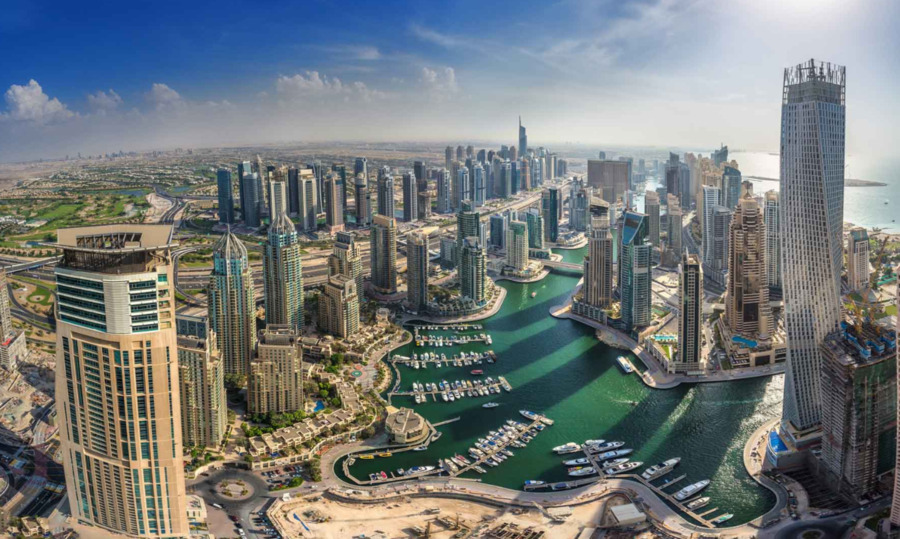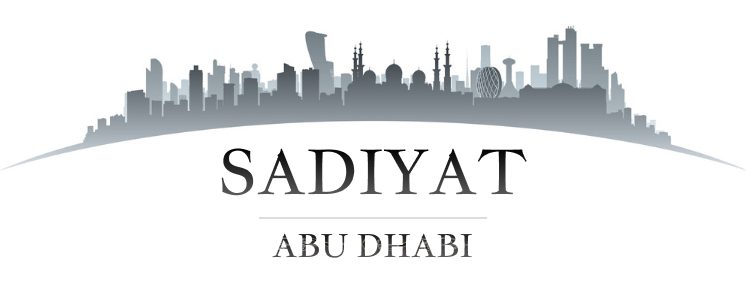Situated on the eastern edge of the Arabian Peninsula, the United Arab Emirates (UAE) shares borders with Oman and Saudi Arabia while overlooking the Persian Gulf. Its strategic location covers approximately 83,600 square kilometers and is a crucial hub for global trade and commerce. The UAE’s diverse landscape includes desert plains, mountains, and coastline, offering a range of natural resources and opportunities for development. With all of this into play, it comes as no surprise as to why company formation in Dubai is gaining popularity.
Historical Creation and Development
The UAE was formally established on December 2, 1971, through the unification of seven emirates: Abu Dhabi, Dubai, Sharjah, Ajman, Umm Al-Quwain, Fujairah, and Ras Al Khaimah. This union marked a significant milestone in the region’s history, ushering in an era of political stability and economic growth under the leadership of the late Sheikh Zayed bin Sultan Al Nahyan. Prior to unification, the emirates were primarily engaged in maritime trade, pearl diving, and agriculture.
Economic Evolution
Initially reliant on oil revenues, the UAE has diversified its economy over the years, transitioning to non-oil sectors such as tourism, real estate, finance, and technology. This diversification strategy has bolstered economic resilience and sustainability, contributing to the nation’s overall prosperity. The UAE government has implemented various economic initiatives and reforms to promote investment, innovation, and entrepreneurship, driving economic growth and job creation.

Key Economic Sectors
The UAE’s economy revolves around several key sectors:
Trade and Logistics: With world-class ports and airports, the UAE serves as a vital trade and logistics hub, facilitating the movement of goods between East and West. Ports like Jebel Ali in Dubai and Khalifa Port in Abu Dhabi are among the largest and busiest in the region.
Tourism and Hospitality: Dubai and Abu Dhabi attract millions of tourists annually with iconic landmarks like the Burj Khalifa, Sheikh Zayed Grand Mosque, and luxury resorts such as Atlantis, The Palm, and Emirates Palace. The UAE’s tourism sector offers a wide range of leisure and entertainment options, from shopping festivals to desert safaris and cultural experiences.
Finance and Banking: Dubai’s financial center, Dubai International Financial Centre (DIFC), hosts multinational corporations and financial institutions, solidifying the UAE’s position as a global financial hub. The DIFC offers a conducive environment for banking, asset management, insurance, and fintech companies, with a regulatory framework based on international best practices.
Manufacturing and Industry: The UAE’s manufacturing sector, particularly in petrochemicals, aluminum, and aerospace, continues to thrive and is supported by government initiatives and investments. Industrial zones like Jebel Ali Free Zone (JAFZA) and Abu Dhabi Industrial City (ICAD) provide infrastructure and incentives for manufacturing companies to establish operations.
Emirate-Specific Economic Insights
Abu Dhabi: As the capital and largest emirate, Abu Dhabi is rich in oil resources, housing major government institutions and corporations, contributing significantly to the nation’s GDP. Abu Dhabi’s economic diversification strategy, outlined in its Economic Vision 2030, focuses on sectors such as renewable energy, aerospace, healthcare, and education.
Dubai: Known for its modern infrastructure and business-friendly environment, Dubai has diversified its economy beyond oil, focusing on tourism, trade, and innovation. Dubai’s strategic initiatives include Dubai Plan 2021, Dubai Industrial Strategy 2030, and Dubai Future Accelerators, aimed at promoting sustainability, innovation, and economic diversification.
Sharjah: Sharjah emphasizes culture, education, and tourism, preserving its heritage while fostering economic growth through cultural initiatives and investments. Sharjah’s economic strategy focuses on sectors such as education, healthcare, tourism, and creative industries, positioning the emirate as a cultural and educational hub in the region.
Dubai’s Economic Development
Dubai’s economic transformation is remarkable, from a trading port to a global business hub. Visionary leadership and strategic initiatives have propelled Dubai’s growth, attracting investors and entrepreneurs with tax incentives, infrastructure, and a robust business ecosystem. Dubai’s economy has expanded rapidly, driven by sectors such as tourism, real estate, finance, and technology. The emirate’s iconic landmarks, world-class events, and innovative projects like Dubai Expo 2020 have enhanced its global reputation and appeal.
Appeal for Business in Dubai
Dubai’s appeal lies in its tax benefits, infrastructure, and stable banking system. The absence of inflation, a fixed exchange rate pegged to the US dollar, and government-guaranteed confidentiality make it an attractive destination for business ventures. The emirate offers a range of business setup options, including free zones, mainland companies, and offshore entities, catering to the diverse needs of entrepreneurs and investors.

Business Registration Services in Dubai
Companies like ProFounders are leaders in facilitating business setup in Dubai, offering comprehensive services tailored to client needs. Their expertise, efficiency, and customer-centric approach make them a top choice for entrepreneurs seeking to establish a presence in Dubai. From company registration and licensing to visa processing and corporate services, ProFounders provides end-to-end support to help businesses succeed in Dubai’s dynamic market.
Conclusion
In conclusion, the United Arab Emirates stands as a testament to the power of vision, innovation, and strategic planning. The UAE continues to be a beacon of opportunity and prosperity in the Middle East and beyond, with a diverse economy, business-friendly policies, and a reputation for excellence. Whether in Abu Dhabi, Dubai, or Sharjah, each emirate offers unique opportunities for investment and growth, supported by a stable political environment, world-class infrastructure, and forward-thinking leadership. As the UAE charts its course towards a sustainable and knowledge-based economy, it remains poised to shape the region’s future and the world.

Hiking enthusiast and passionate traveler with a deep love for the rugged mountains of Fujairah, I currently reside in the vibrant city of Abu Dhabi, where the beauty of Saadiyat Districts never ceases to amaze me. With a professional background as a remote programmer for MicroTech Ind., I combine my knack for technology with my interests in design and mathematics to tackle challenges and contribute to the world of IT. My journey is guided by the belief that embracing adventures and challenges is the key to growth and discovery.
